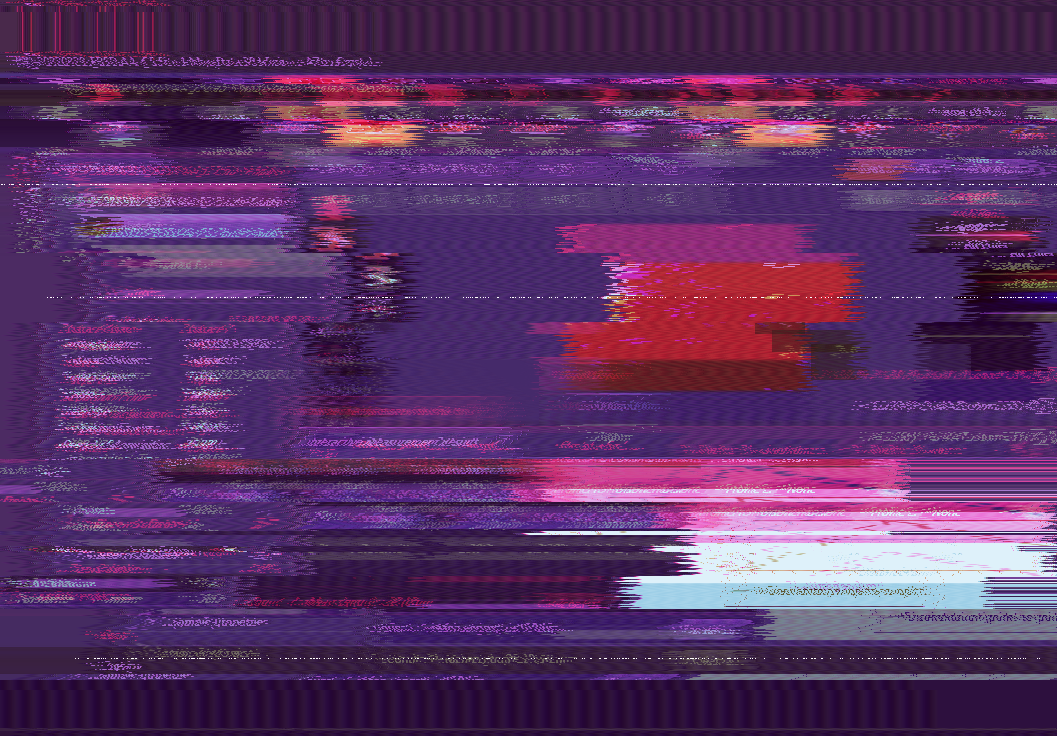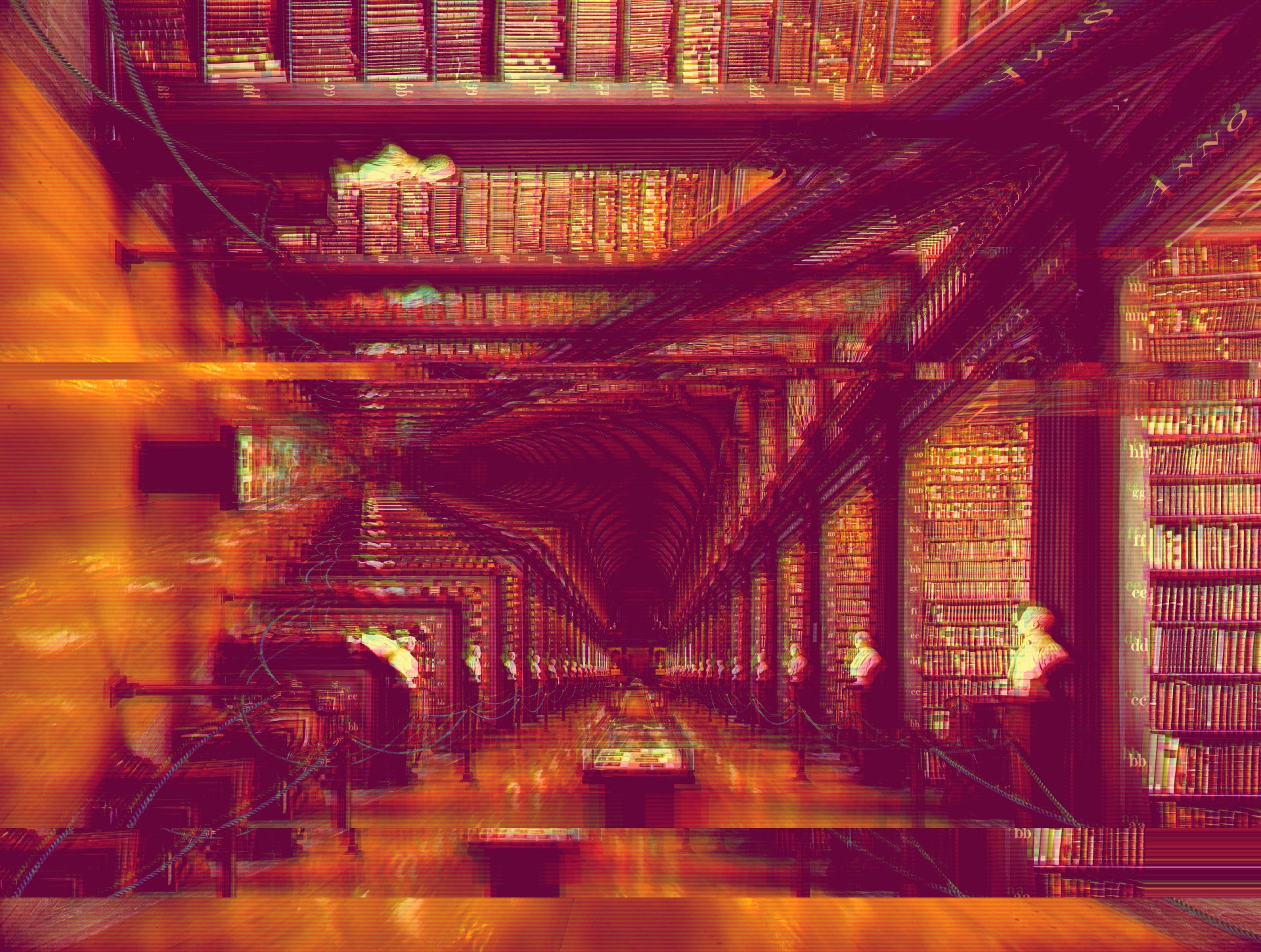Maeve Murphy Quinlan
I’m a Research Software Engineer working at the University of Leeds in the UK. I’ve a background in planetary science, obtaining my PhD from the Institute of Geophysics and Tectonics at the University of Leeds, in 2023. My thesis applied both HPC-enabled numerical models of meteorite parent bodies (written in Python), and cutting-edge microscopy analysis (EBSD, EPMA, and LA-ICP-MS) to try to unravel the history of pallasite meteorites.
RSE work: empowering research across disciplines
As part of my role as a Research Software Engineer, I consult researchers across faculties and disciplines, to enable and enhance their research with research computing practices. This includes:
- Supporting the development of reproducible workflows:
- Guidance on environment and dependency management
- Writing documentation and resources
- Building templates for research computing
- Problem solving and bug-testing code:
- Implementing testing workflows
- Problem solving High Performance Computing (HPC) issues
- Training and teaching:
- Developing training materials for post-graduate researchers, technical staff, lecturers, PIs
- Providing templates for basic software development projects and literate computing
- Delivering training sessions and workshops to cross-university cohorts
- Data visualisation and reporting:
- Designing webapps for researchers and supporting the communication of results
- Writing documentation and guidance on literate computing to enable researchers to share results
This work above is open access and the source code can mainly be found on my GitHub profile.
In this work, I am interested in using the lens of data feminism to assess the research computing work I undertake, paraphrasing the pull-quote above from D’Ignazio and Klein (2020): Research computing by whom? Research computing for whom? Research computing with whose interests in mind?
Planetesimals: unravelling the history of the early Solar System

See my publications page for more information.
I have a PhD in planetary science, where I modelled early-Solar System planetesimals using Python, and tied these models to geochemical and microstructural analyses of meteorites. See some of my publications/research outputs here:
- Interactive planetary science: explore pallasite cooling
- The Conductive Cooling of Planetesimals With Temperature-Dependent Properties (Murphy Quinlan et al., 2021)
- Reconciling fast and slow cooling during planetary formation as recorded in the main group pallasites (Murphy Quinlan et al., 2023)
- Pytesimal: A Python package to model planetesimals (Murphy Quinlan and Walker, 2020)
- PytesiMINT: Pytesimal Metal INTrusion model (Murphy Quinlan, 2023)
Who is this site for?
The aim of this blog is to:
- Share mini-tutorials and workflows over in my blog, including but not limited to:
- Introductions to dependency management
- Using git to version control work
- Quarto tips and tricks (to build a free and open website like this)
- Share my investigation/discovery/play with various softwares and tools (but my review of any software is not an endorsement of it or its parent company)
- Provide links to other work I am currently involved in
This site and blog is aimed at:
- People without a formal computer science/programming background who want to use computing effectively
- People who have data/a project/results they would like to share, but lack the funding and resources to contract out communications and want to know how to build apps and websites for free
- People who are starting out using notebooks in their data science work and want to know how to ensure their work is reproducible
- People who want to use notebooks and literate computing in their research workflows but are unsure of how to effectively implement them
- People who want to share their analysis and results effectively with colleagues, students, and the wider public
